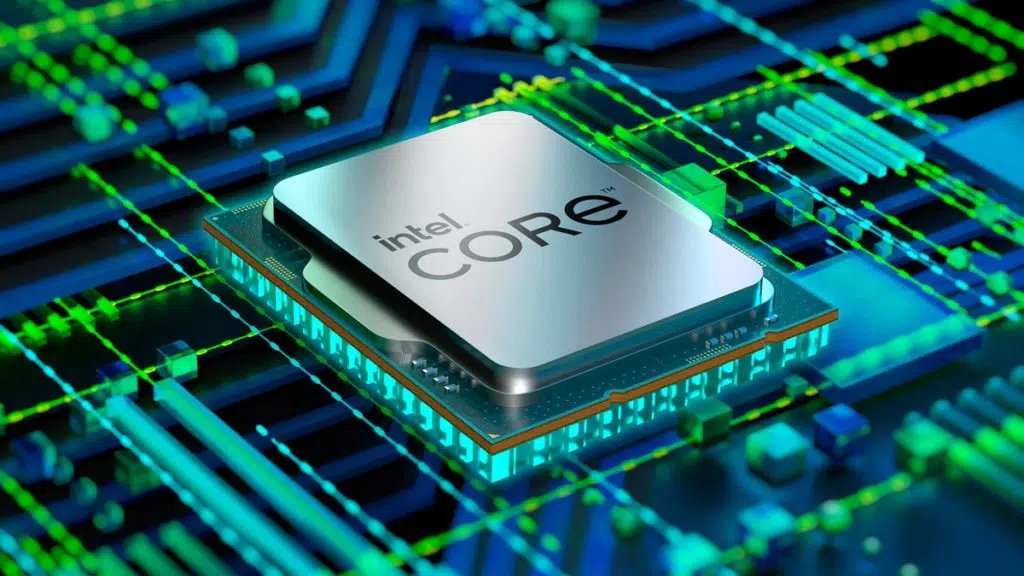
Intel has responded to an issue relating to its 12th Gen Core processors, whereby the elongated design of the CPUs, when coupled with the clamp-down pressure of the loading mechanism, could result in bending, warping, or bowing of the integrated heat spreader, reducing optimal surface contact with the bases of coolers and increasing temperatures by around 5°C.
Sounds like somewhat of a serious defect, right? Nope, says Intel, which has acknowledged the issue in a statement in which it explains that this sort of “deflection” is quite expected and something that isn’t serious enough to cause the processor to operate outside of its original, intended specifications. In fact, the company behind the Alder Lake-S chips has even warned enthusiasts who have tried to compensate for the bending by modifying the socket that doing so can void their warranties.
“We have not received reports of 12th Gen Intel Core processors running outside of specifications due to changes to the integrated heat spreader (IHS),” reads a statement from Intel. “Our internal data show that the IHS on 12th Gen desktop processors may have slight deflection after installation in the socket. Such minor deflection is expected and does not cause the processor to run outside of specifications. We strongly recommend against any modifications to the socket or independent loading mechanism. Such modifications would result in the processor being run outside of specifications and may void any product warranties.”
Bending of the IHS in 12th Gen Intel Core processors and the resulting gap between coolers is illustrated in the video below.
Intel Comments On Alder Lake’s Warping and Bending Issues, Mods Void Warranty (Tom’s Hardware)
The condition, referred to as ‘bending,’ ‘warping,’ or ‘bowing’ in PC enthusiast circles, is the result of the tremendous pressure placed on the middle of the chip that causes the IHS (Integrated Heat Spreader) to bend, and it often results in very creative workarounds to address the issue. This can range from users employing washers or custom-built devices to extreme overclockers like Splave hacksawing a socket out of a motherboard to regain the lost cooling ability.
Intel’s statement does acknowledge that the condition exists but says it doesn’t cause performance issues. However, it’s important to take these comments in context: First, deflection is an engineering term to describe “the degree to which a part of a structural element is displaced under a load (because it deforms),” so this is the technical term for what the enthusiast community refers to as ‘bending,’ ‘warping,’ or ‘bowing.’
Second, Intel’s statement that it hasn’t received reports of the chips running outside of specifications means that the deflection doesn’t cause the chip to run higher than the 100C maximum temperature and that any increased thermals don’t cause the chip to drop below its base frequency. That doesn’t mean there isn’t an impact on cooling — it just isn’t severe enough to cause the chip to run out of spec.
